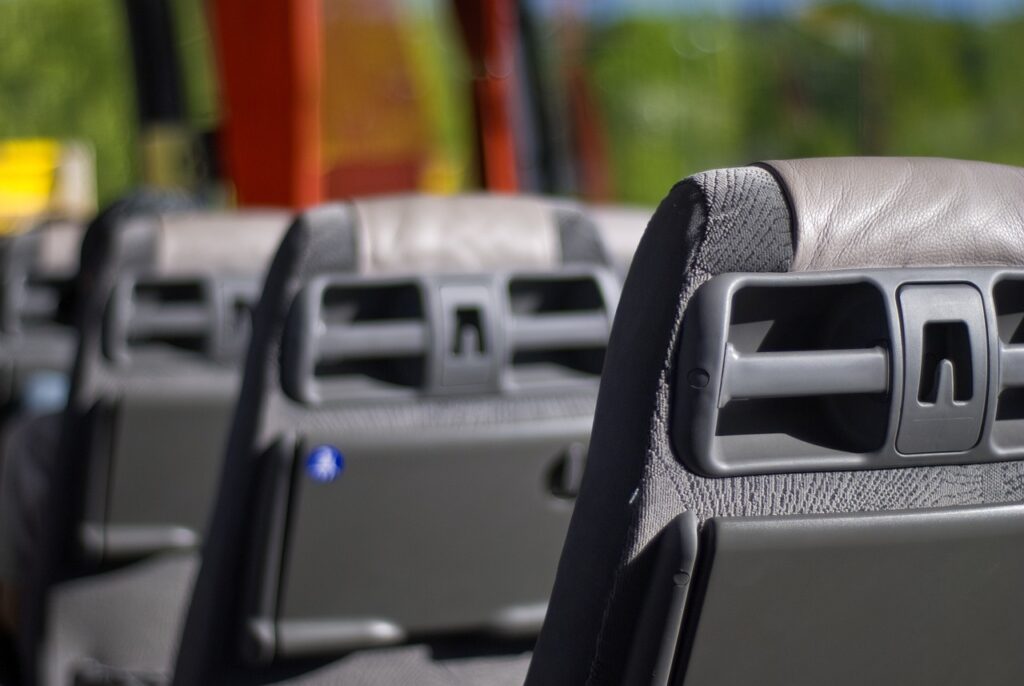Liverpool City Region Combined Authority (LCRCA) owns 20 Alexander Dennis Enviro400FCEV hydrogen fuel cell-electric double-decker buses. These buses, introduced in 2022 with anticipated service starting in 2023, have faced several operational challenges.
They are split between Arriva Merseyside and Stagecoach Merseyside, Cheshire, and South Lancashire, and are primarily intended for the 10A route between Liverpool and St Helens.
The delay in re-entering service is attributed to global hydrogen supply issues, which have affected fuelling operations. Although a new supply of green hydrogen has been secured, the buses still face delays due to ongoing driver training and other logistical challenges.
In comparison to other hydrogen bus initiatives in the UK, the Liverpool fleet’s issues are not isolated. Hydrogen buses nationwide have faced similar delays and operational hurdles. However, the recurring nature of these issues for Liverpool’s fleet raises questions about the robustness of their initial deployment strategy and the effectiveness of their supply chain management.
Recent developments indicate a strategic shift in Liverpool’s bus procurement policy. The Liverpool City Region is allocating £28.2 million from the City Region Sustainable Transport Settlement (CRSTS) to procure battery-electric buses and related infrastructure. This funding will support routes including the 10A, alongside the development of bus depots and priority infrastructure.
This shift is part of a broader Bus Decarbonisation Programme, which aligns with bus franchising proposals approved in October 2023. Notably, the allocation also includes £7.2 million for bus priority infrastructure and £32.7 million for a new bus interchange in St Helens.
Despite this shift towards battery-electric buses, the hydrogen buses are expected to continue operating alongside their battery-electric counterparts. However, there are concerns about the long-term integration of hydrogen buses into the existing fleet. The allocation of CRSTS funds to battery-electric buses and infrastructure might indicate a preference for battery-electric solutions over hydrogen.
Liverpool’s Mayor Steve Rotheram has pledged to decarbonise the region’s bus fleet by 2035. This ambitious target reflects a commitment to reducing carbon emissions, but the move towards battery-electric buses raises questions about the role of hydrogen in the region’s decarbonisation strategy.
The need for up to eight new bus depots and the potential reallocation of battery-electric buses to various routes suggest a significant strategic realignment. While hydrogen buses are not being completely sidelined, their role in the overall strategy appears to be diminishing compared to battery-electric vehicles.





